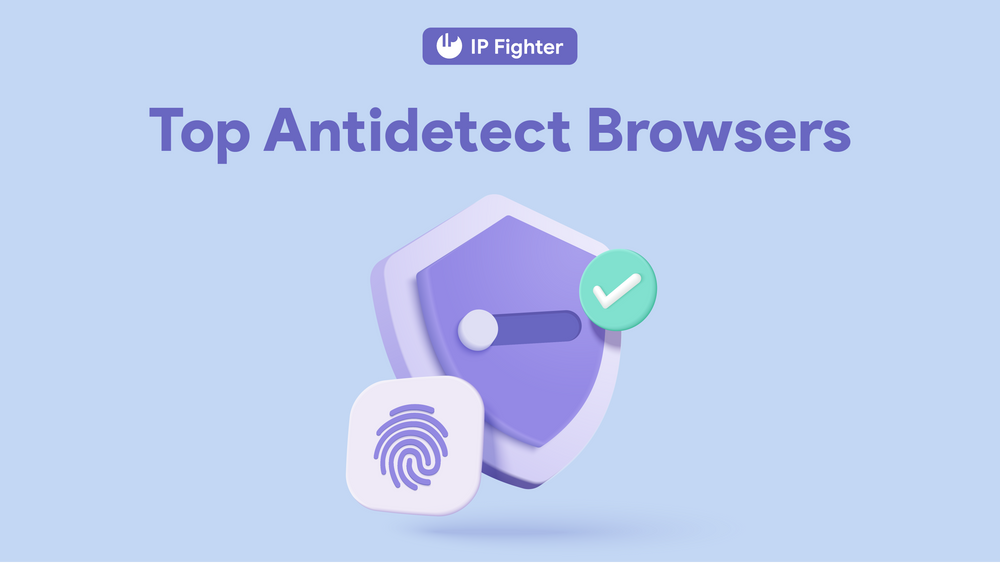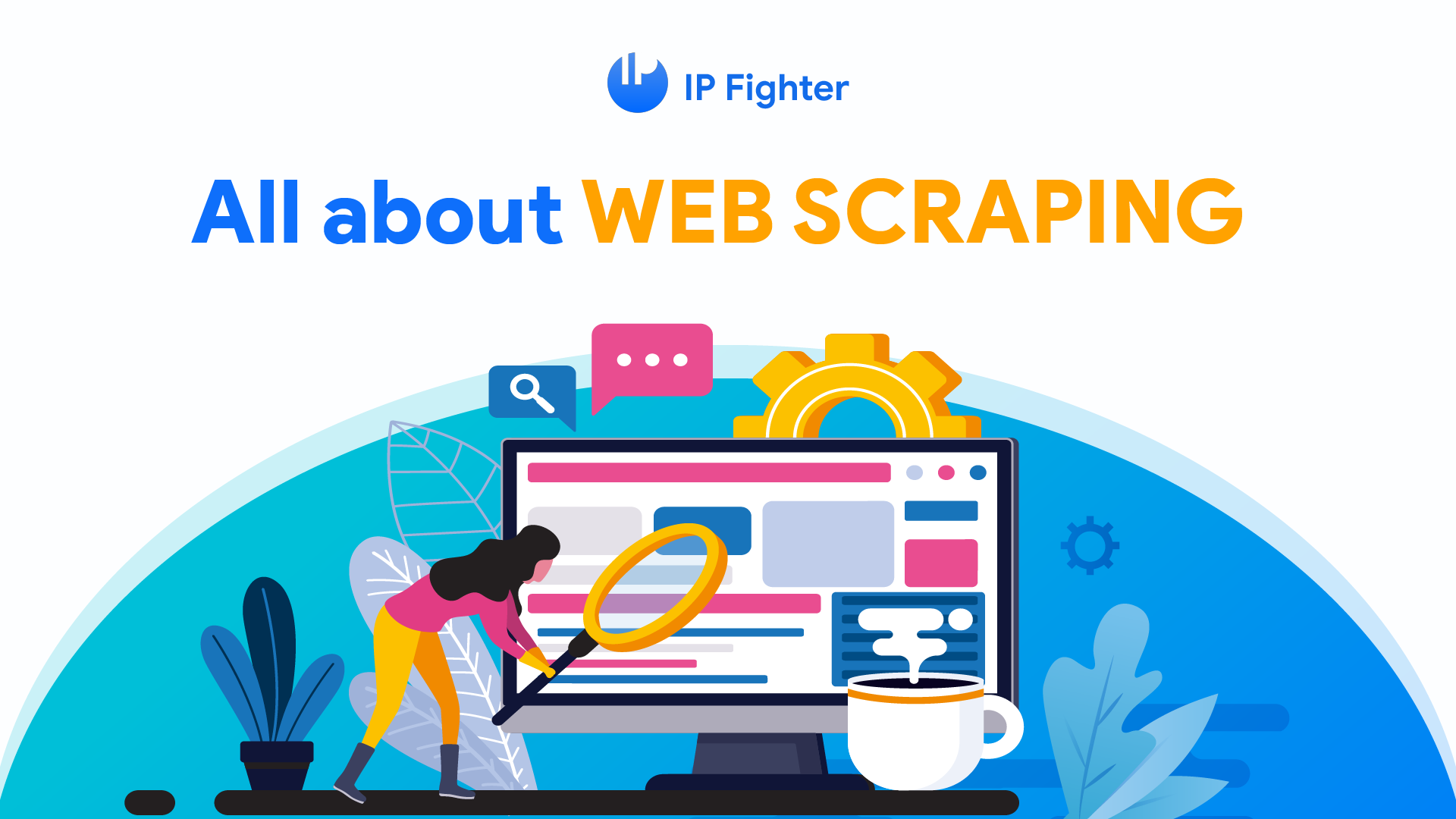Curious about the world of web scraping and its significance?
Find out the basics of web scraping and why we need it in this article.
|
Web scraping is the art of automatically extracting information from websites. It involves using tools, such as dedicated software or custom scripts, to collect valuable data from the vast expanse of the internet.
While it goes by various names like web crawling, web harvesting, or data mining, the core idea remains the same – efficiently retrieving useful information from the web.
|
Why do you need to scrape the web?
|
Here are some common benefits of web scraping:
-
Enhanced Efficiency: Boost data collection tasks by automating the retrieval of information from diverse sources. For instance, gathering reviews from Facebook, Instagram, and Google becomes a matter of minutes rather than laborious hours.
-
Workflow Automation: You can automate mostly any repetitive task. For example, you can build a web scraper to refresh the page and notify you when something you're waiting for is ready.
-
Research the market: Companies use web scraping to spy on rivals, collecting info about their products and prices. It's like having a secret agent for business research.
-
Data Aggregation: Web scrapers aggregate and organize data from various sources, enabling comparative analyses. This is particularly valuable in industries like travel, where real-time data consolidation ensures optimal deal discovery.
-
Finding Leads: Businesses scrape sites like Trustpilot and YellowPages to find potential clients. It's like fishing for good business opportunities.
|
-
Price Monitoring: You can use web scraping software for continuous monitoring of e-commerce platforms, ensuring access to up-to-date pricing information vital for competitive strategy.
-
Data Aggregation: You can use web scraping to gather data from multiple resources to get the best insights and most detailed analysis of the data collected.
-
Sales and Recruitment Lead Generation: You can use web scraping to extract pertinent information such as contact details, social media profiles, and professional attributes, contributing to lead generation for both sales and recruitment endeavors.
-
Brand Protection: You can use web scraping to safeguard brand image through the identification and takedown of counterfeit websites, and monitor online platforms for potential threats.
-
Investment Insights: In the finance sector, you can leverage web scraping to gather real-time data from job sites like Indeed or Glassdoor to gauge employee sentiment, a critical factor in investment decisions.
-
Consumer Sentiment Analysis: You can use web scraping to analyze consumer sentiment by extracting data from social media platforms, reviews, and forums, providing valuable insights for product enhancement.
-
SEO Monitoring: You can conduct competitor analysis through web scraping to monitor SEO metrics, facilitating strategic optimization and keyword refinement.
-
Website/App Testing and Monitoring: You can ensure localization and content integrity across diverse locations using proxies and web scraping. Additionally, employ scraping for quality assurance in emulating website load and resilience testing.
-
Training Machine Learning Algorithms: You can support machine learning endeavors by amassing large datasets through web scraping, facilitating model training for enhanced automation and standardization.
|
How does web scraping work?
|
The process of web scraping involves these following steps:
1. Target Identification: Select the web pages from which data extraction is desired.
2. HTML Code Retrieval: Download the HTML code of the selected web pages.
3. Data Extraction: Identify and extract the relevant data points from the acquired HTML code.
4. Scraper Adjustment: Modify the web scraper as needed to accommodate changes in the targeted web pages.
There are various tools categorized as custom-built, ready-made, or web scraping APIs that simplify the web scraping process. Python and node.js are popular choices for custom-built scraping solutions.
|
Whether optimizing business strategies, conducting market research, or fostering innovation through machine learning, web scraping emerges as a powerful tool. Web scraping is your digital sidekick, simplifying the complexities of data extraction and offering valuable insights for informed decision-making.
|
|


